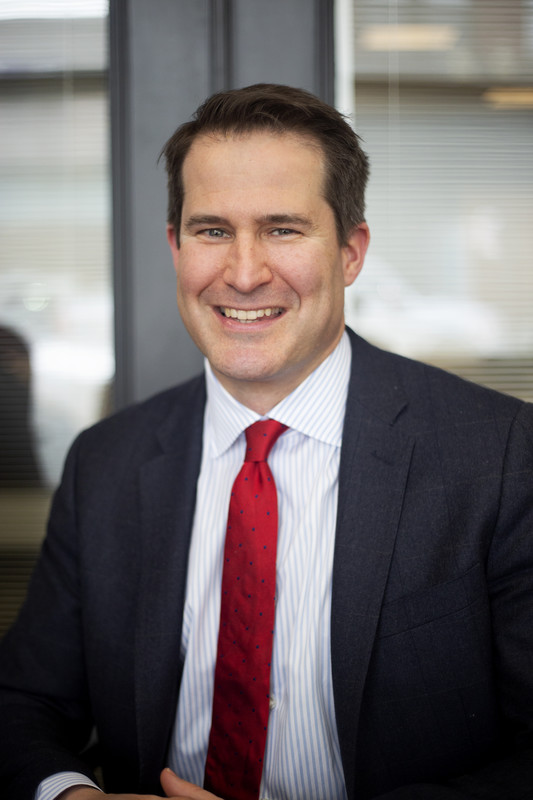WASHINGTON — Congressman Seth Moulton, whose district includes Lynn and Swampscott, asked a panel of water and wastewater infrastructure experts about proposed solutions to clean pollution at King’s Beach during the Committee on Transportation and Infrastructure’s Water Resources and Environment Sub-Committee hearing Thursday morning.
The sub-committee, which is made up of representatives from across the country, interviewed a panel of five expert witnesses to brainstorm infrastructure strategies for combating waterway pollution at the hearing, titled Clean Water Infrastructure Financing: State and Local Perspectives and Recent Developments.
Moulton opened his line of questions by providing the panel an overview of the persistent pollution at King’s Beach. He asked the panel which avenues the Commonwealth can use to help fund local or regional water infrastructure projects, such as those planned at King’s Beach.
“When you drive up to my hometown from Boston, you go along this beautiful beach, right between Lynn and Swampscott. It’s called King’s Beach, literally fit for a king, and yet it’s closed 90% of the time. It’s the most polluted beach in Massachusetts,” Moulton said. “The problem is that with most of the clean-water funding available through the Bipartisan Infrastructure Law, and other legislative vehicles, only available as loans, many local governments just don’t have the tax base or enough to pay them back.”
Responding to Moulton, Toho Water Authority Executive Director Todd Swingle said the key to regional water funding lies in collaboration between larger and smaller utility organizations, along with the creation of a diverse array of funding approaches in order to attract a broader pool of applicants.
“I don’t believe that there’s any singular funding approach that will work for everyone. So having funding approaches that make sense for the different communities that we serve and their differences is absolutely critical in order to be successful to address the situations that are missing,” Swingle said.
Moulton also brought up the challenges surrounding combined sewage overflows in areas such as Lynn and Swampscott, along with the Merrimack River. He asked expert witnesses to explain how the Bipartisan Infrastructure Law can be employed to address the impacts of this damaging flooding.
In 2019, Moulton introduced the Sewage Treatment Overflow Prevention through Community Sanitation Outreach Act. If passed, the bill would require local governments to alert residents within four hours of a sewer overflow.
In a written statement, Moulton said that in addition to public outreach, he was “eager” to see an increase in Bipartisan Infrastructure Law grant funding dedicated to combating combined sewage overflows in “financially distressed communities.”
“I will continue to call attention to this issue and work with the appropriate stakeholders to ensure that we find better solutions in the future so that Lynn and Swampscott can enjoy the beach once again,” Moulton said.

